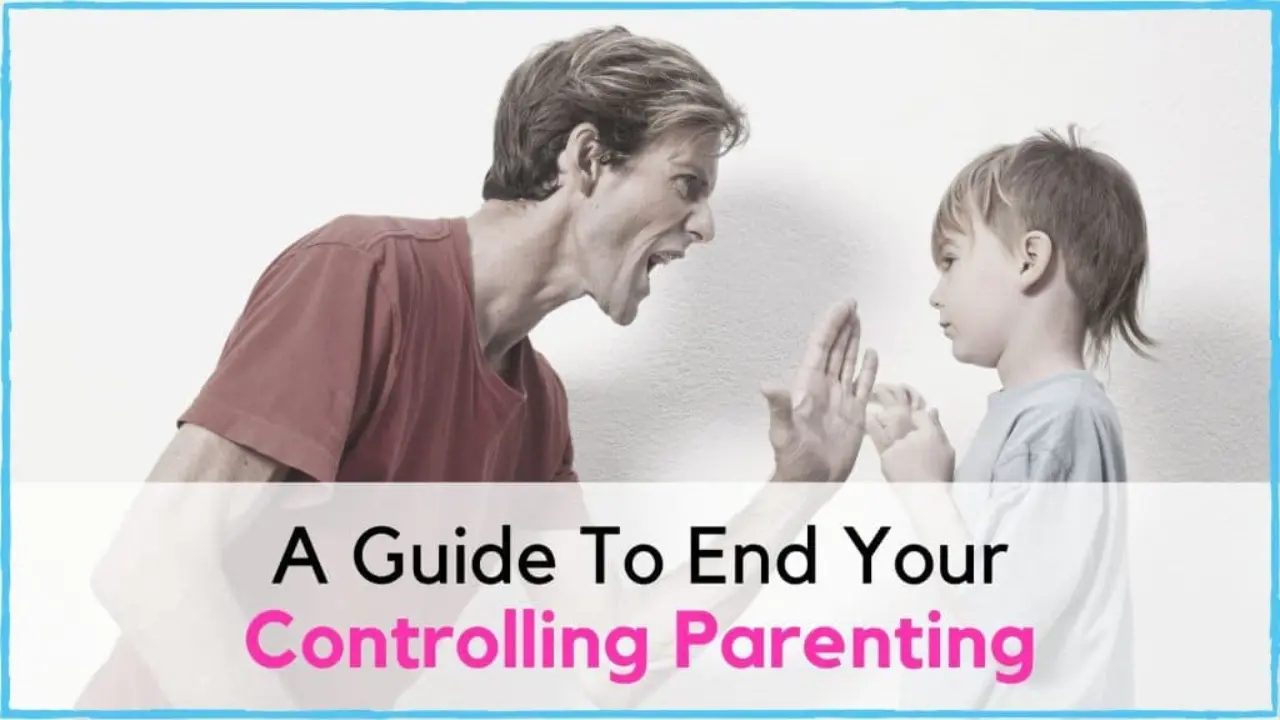Having controlling parents can be a challenging experience that can affect your emotional well-being and personal growth. This article will explore some possible reasons behind controlling behavior in parents and provide strategies to cope with this situation. Remember, seeking professional guidance from a therapist or counselor can also be beneficial in navigating this complex dynamic.
1. Psychological Factors
Controlling behavior in parents can stem from various psychological factors, such as:
- Fear and anxiety: Parents may have worries and fears, leading them to seek control to protect their children from perceived harm or disappointment.
- Insecurity: Insecure parents may attempt to exert control to gain a sense of power and validation, often stemming from their unresolved emotional issues.
- Perfectionism: Parents with perfectionist tendencies may have high expectations for their children, leading to controlling behavior to ensure everything is done “right.”
2. Upbringing and Learned Behavior
Parents’ controlling tendencies can also be influenced by their upbringing and learned behavior:
- Family dynamics: Growing up in an environment with controlling parents may lead individuals to repeat similar patterns in their parenting style, often unconsciously.
- Cultural and societal influences: Some cultures and societies strongly emphasize authority and parental control, shaping parental behavior accordingly.
3. Coping with Controlling Parents
Dealing with controlling parents can be challenging, but implementing the following strategies may help improve the situation:
- Set boundaries: Establish clear boundaries and communicate them assertively with your parents. Let them know what you are comfortable with and what you need regarding autonomy and decision-making.
- Develop open communication: Foster open and honest communication with your parents. Express your thoughts and feelings calmly and respectfully, allowing them to understand your perspective.
- Seek support: Reach out to trusted friends, family members, or mentors who can provide emotional support and guidance. Additionally, consider seeking therapy or counseling to effectively navigate your relationship with your parents.
- Focus on self-care: Prioritize self-care activities that promote emotional well-being and build resilience. Engage in hobbies, practice mindfulness, and surround yourself with a positive support network.
- Educate yourself: Gain knowledge about healthy boundaries, assertiveness, and effective communication. This understanding can empower you in navigating your relationship with your parents.
4. Seeking Professional Help
If the controlling behavior of your parents becomes overwhelming or significantly impacts your well-being, seeking professional help can be beneficial. A therapist or counselor can provide valuable guidance, support, and strategies for dealing with the situation and help you establish healthier boundaries.
Conclusion
Dealing with controlling parents can be emotionally challenging, but understanding the possible causes and implementing coping strategies can empower you to navigate this complex dynamic. Remember to prioritize your well-being, seek support from trusted individuals, and consider professional help if needed. You can assert your autonomy and create a healthier relationship with your parents.

